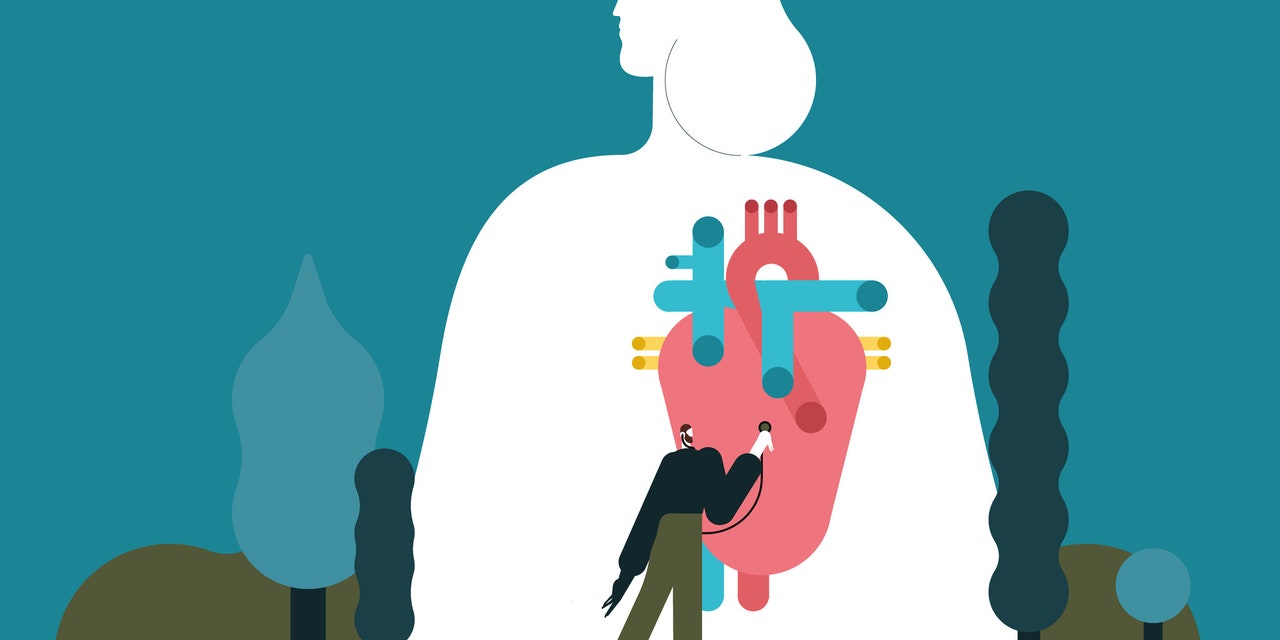Cardiovascular
How to Know If You’re a Good Candidate for Genetic Heart Testing
If there are heart problems among people in your family (say your cousin was diagnosed with heart failure at 25 or your grandpa passed unexpectedly from a heart attack), it can be worrying to think about what it might mean for you. You might wonder, “Will I develop those same issues or potentially pass them down?”
In a lot of cases, those are hard questions to answer. Some heart problems stem from lifestyle factors (like smoking cigarettes), and other times, the cause is unknown. In many instances, your genes can play a major role in your likelihood of developing a cardiovascular condition1—and genetic testing is one method that can help decode that possibility, Patricia Parker, a licensed cardiac genetic counselor and researcher at the Ohio State University Wexner Medical Center, tells SELF. “DNA acts like an instructional manual for our bodies,” she explains. “Genetic testing looks for spelling errors or variants in these genes that may impact the way the body reads these instructions, which can lead to heart conditions or disease.”
Genetic testing can’t predict the future, but it can clue you in about things that could happen with your heart—and maybe help you do something differently today that could make an impact tomorrow. One big caveat: Genetic testing isn’t recommended for everyone. The American Heart Association notes that it should be reserved for people with a strong suspicion they’ll develop an inherited heart condition, or for those who already have one.2 There are a lot of reasons for this. Genetic testing is only helpful if there’s a known red flag in your family tree or your personal health, and receiving a concerning result that might not be indicative of a serious problem could cause a lot of unwarranted stress for you and your family.2
So, should you consider genetic testing? Here are three big signs you might want to consider it for your heart health, and what to expect next if you’re a good candidate for it.
You have parents or close relatives with heart disease.
Heart disease is the leading cause of death in the US, so taking steps to protect your cardiovascular health (not smoking, exercising regularly, and keeping stress to a minimum) is important for everyone. You should keep an especially close eye on your heart if you have a grandparent, parent, sibling, or child who was diagnosed with heart disease, Carlos Ince, MD, a cardiologist with the Heart Center at Mercy in Baltimore, tells SELF. “Families share a gene pool,” he says. “Those genes can be passed from parents to kids, making family history important in figuring out if a genetic heart condition may even be an issue worth considering for you.” If there’s any trace of heart disease in your family—including coronary artery disease, heart valve disease, and congenital heart defects (or other heart issues someone’s born with)—genetic testing could give you some answers as to whether you carry specific genes that may raise your risk of certain conditions, Dr. Ince says.3

